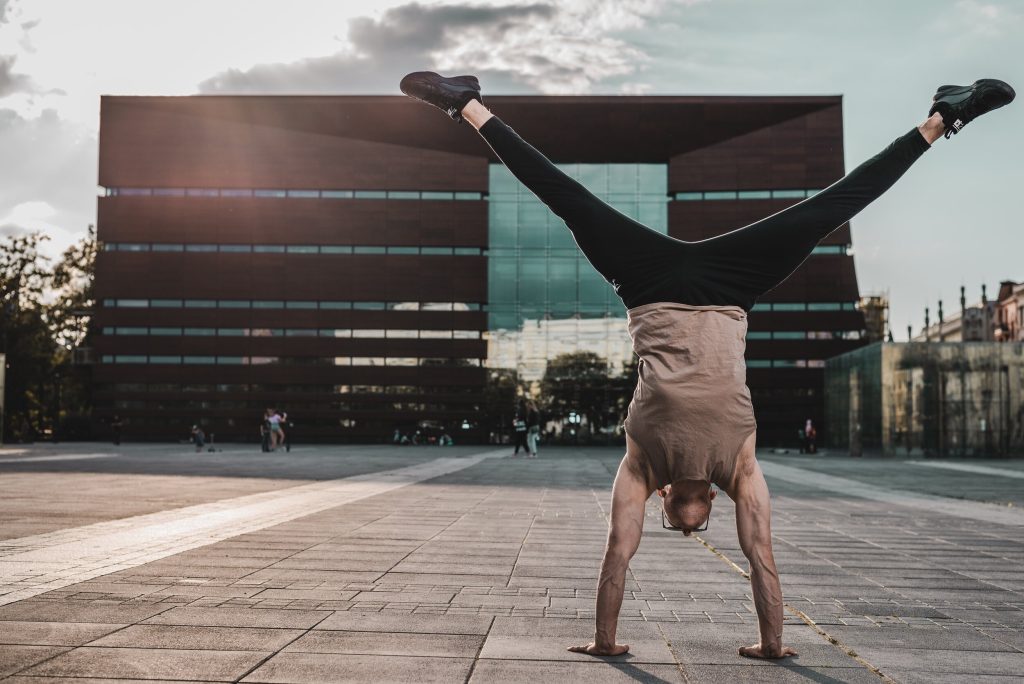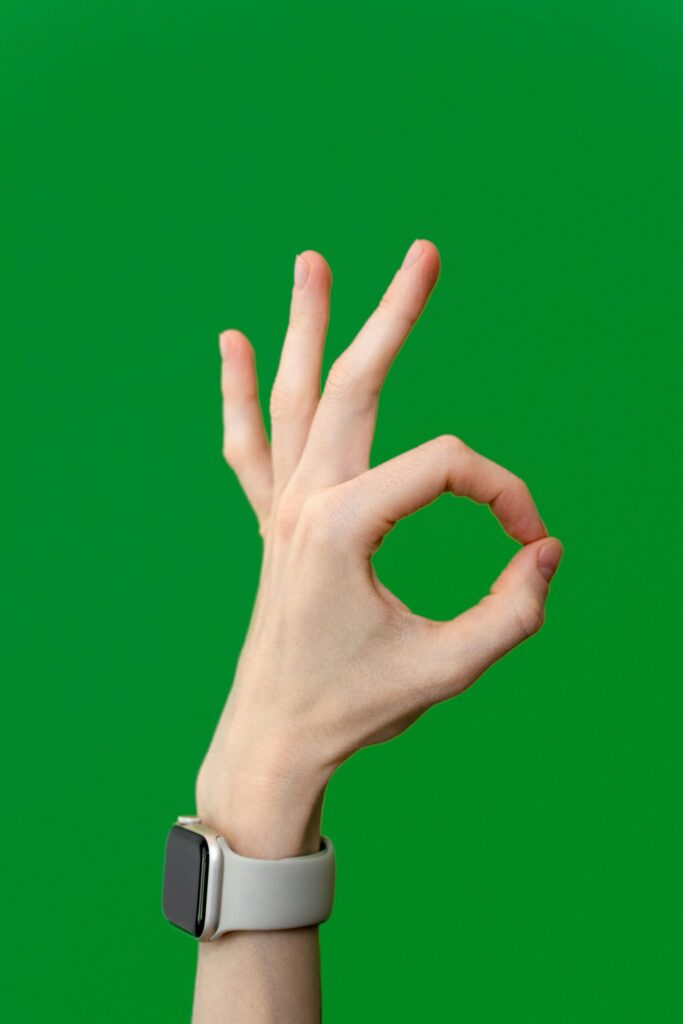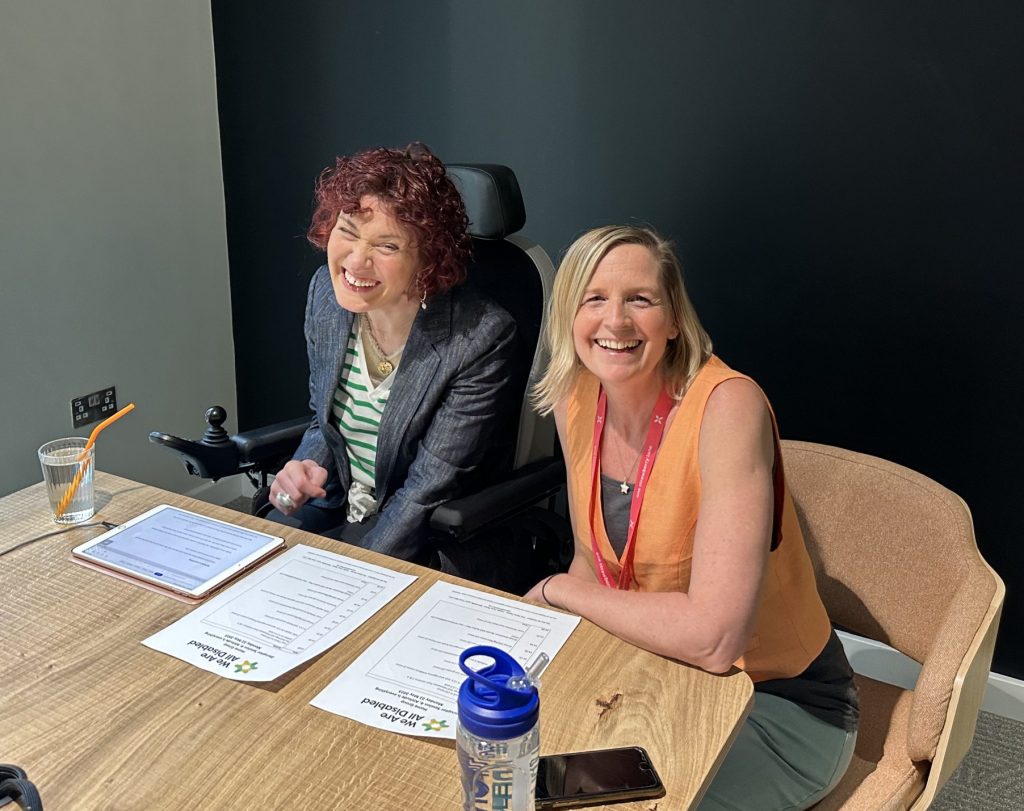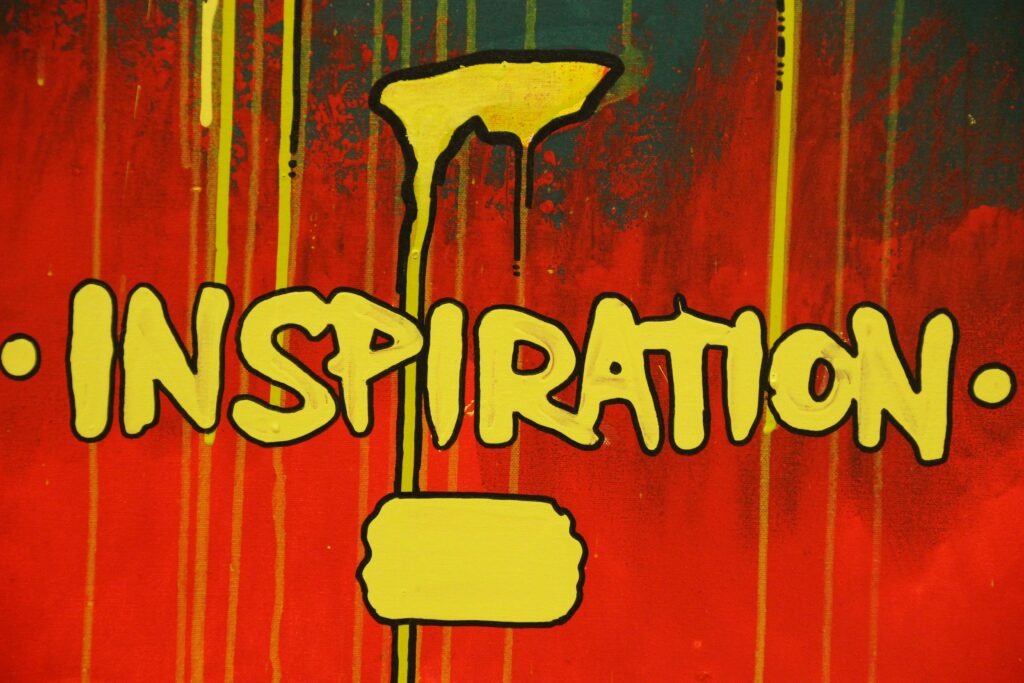I started my “We are all disabled’ blog at the beginning of the COVID-19 lockdown because for the first time in living memory we were all marginalised from society and forced to adapt to a new normal.
I felt that these unprecedented times provided an ideal opportunity to challenge perceptions of disability as people were more likely to have empathy for people with disabilities. In fact, recently speaking on Channel 4 news following the death of his disabled sister to COVID-19, Rory Kinnear said:
“We have all been given a glimpse over these last few months of what it is like for people with disabilities.”
Empathy is about understanding another person’s feelings, thoughts and behaviour from their point of view. It means having the ability to put yourself in someone else’s shoes and personally relate to what they are experiencing.
Sympathy on the other hand is about feelingforsomeone. A sympathetic person tends to consider how they themselves would feel if the same events happened to them. They may offer advice and solutions which come from their own perspective. Without realising they may express pity which could patronise the other person without taking into consideration what makes that person different from them.
In my experience people often express sympathy for disabled people. This tends to come from a place of perceived superiority where the person with disabilities is very much an ‘other’. In my research, I found that sympathy connotes dependency, suffering, compassion and how we interact with other people. It can sometimes be expressed as feeling sorry for a disabled person and, at worst, pitying them.
I have experienced these types of responses many times and it can make me feel patronised as well as being uncomfortable for both for me and the other person. For example, whilst speaking at academic conferences I have occasionally felt as though I’ve been praised for being able to speak at all, rather than for what I actually said. Someone even broke down in tears once because she felt so sorry for me and thought I was so ‘brave’ to be living with my disability. And on another occasion I was asked if I was tired whilst presenting. Both were mortifying!
Having researched empathy and sympathy and how they relate to perceptions of disability in my doctoral degree , I’m intrigued to see if the experience of lockdown has helped us to develop empathy towards disabled people.
I sincerely hope that our collective experience has helped more people to develop more understanding and empathy for the lived experience of disability and the challenges that disabled people face . We all need to work collectively together to change perceptions of disability and it should not be left to disabled people alone.
By working together as fellow human beings to address the issues of disabled people and other marginalised groups we can use this opportunity to effect positive and lasting change.
As best-selling author and social psychologist Brené Brown eloquently states:
“Empathy fuels connection, and sympathy drives disconnection.”
Have you experienced sympathy and/or empathy either towards or from other people and what did that feel like?
Do you think that lockdown has allowed people to develop more understanding and empathy for people with disabilities?
Do you think there will be any significant and lasting changes because of this?
Photo byGrzegorz RakowskionUnsplash









